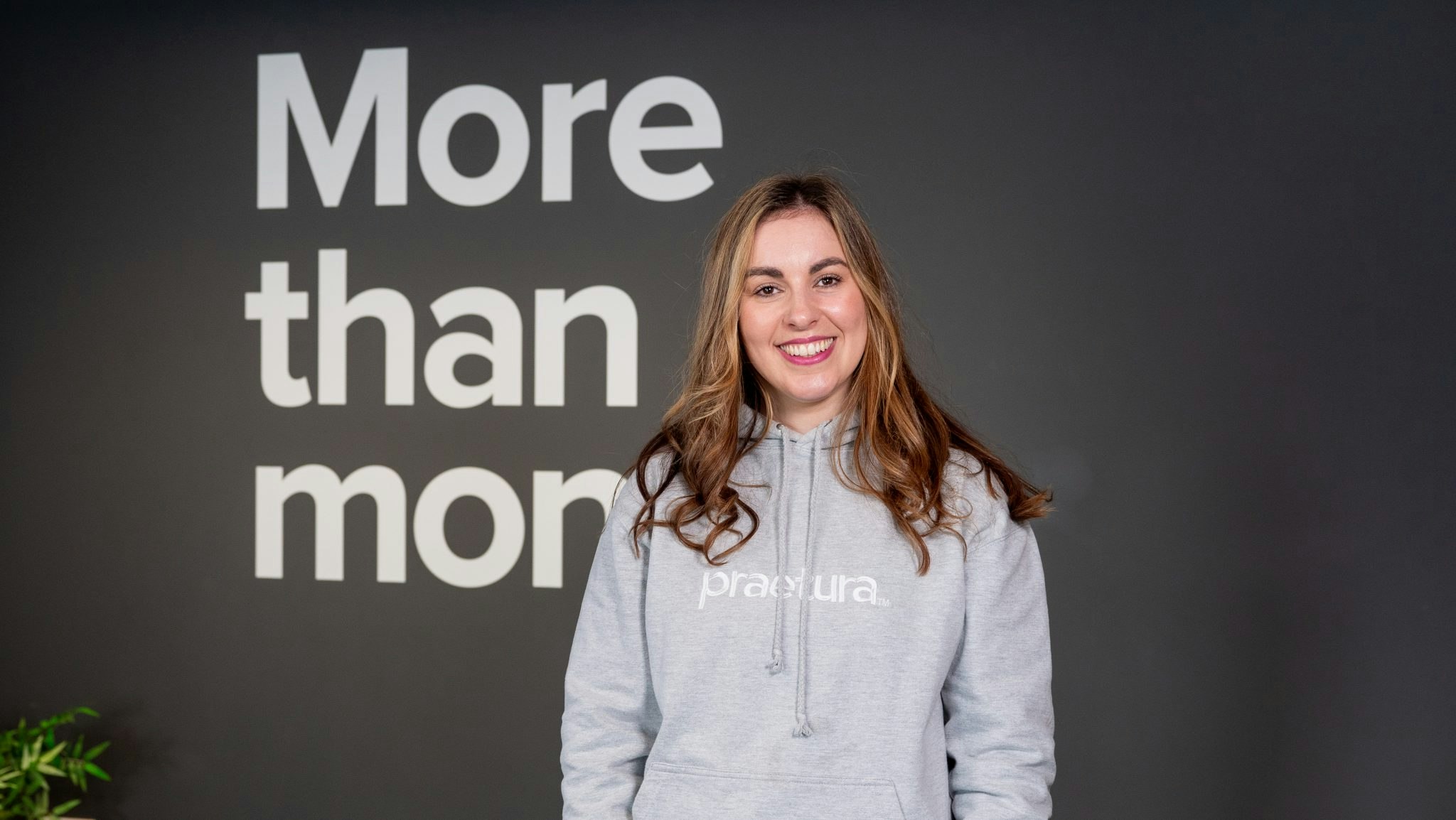For many German founders, 2022 was a tough year — but 2023 may have been even tougher.
VC funding in Germany is down a third this year according to Dealroom data, dropping from just over $12bn in 2022 to $8.3bn as of December 21, 2023. Despite this capital scarcity, particularly at later stages, some companies did manage to raise megarounds this year, and three new unicorns were crowned, down from six in 2022. They were: defence tech startup Helsing, AI-based translation software DeepL and savings and investment fintech Raisin.
Meanwhile, 21 VC firms have raised funds this year with some, like La Famiglia (which merged with General Catalyst in October), raising multiple funds.
It was also a good year for the solo GP, with high-profile angel Gloria Bäuerlein closing her own €21.5m fund and former Revaia VC Robin Haak announcing a first close of his fund Robin Capital.
But aside from these events, what else has been going on this year? We looked back at Sifted’s 2023 coverage and rounded up a few key moments.
German tech sees one of its biggest-ever exits
LeanIX, a company founded in Bonn which helps enterprises track their IT architecture, was acquired by German software giant SAP in a reported $1.2bn deal in September — one of the biggest ever tech acquisitions in Germany.
LeanIX had been growing fast, upping its revenue to €100m this year and expanding to 600 people, so it didn’t necessarily need to get acquired.
But the acquisition was seen by LeanIX founder André Christ as an opportunity for the company to grow big inside SAP, and tap into the software giant’s 24k enterprise and mid-market customers.
It showed that “great companies can be founded anywhere,” Christ told Sifted, not just in the startup hubs of Berlin or Munich.
A smattering of megarounds were raised
Despite tighter investor purse strings this year, a few German startups raised big rounds, including:
- Aleph Alpha raised $500m ($120m in equity and the rest in the form of a grant) in one of Europe’s largest AI rounds ever
- GetYourGuide raised $194m ($85m in equity and $109m in a revolving credit facility) and announced further expansion in North America
- Enpal raised a €215m Series D in January and then a €430m debt round in June
- Helsing raised a €209m Series B
- Isar raised a $165m Series C in one of 2023’s biggest spacetech rounds
A few VC firms raised new funds
There certainly weren’t as many as last year, but some VCs managed to raise their biggest funds ever in 2023, despite LPs being more conservative with spending.
HV Capital raised its ninth fund of €700m, which is split into early stage and growth stage functions, and Acton Capital raised its sixth fund of €225m.
Other German funds to raise this year include:
- Planet A: €160m climate fund, its first
- Heartfelt: €80m early stage fund, launched by the managers of Berlin-based VC APX
- Redstone: €52m fund for quantum technologies
The German government got serious about backing tech
Realising that technology is one of the keys to keeping Germany competitive on the world stage, the German government announced several new funds this year to back the country’s startups and VC funds, including:
- A €1bn fund for climate and deeptech startups, dubbed the DeepTech & Climate Fonds (DTCF)
- A €1bn fund of funds to invest in German and European VC, that has the German government and KfW Capital as anchor investors and has backed 16 VC funds so far
The state-backed LP KfW Capital has also made headway in rolling out new funds to support different kinds of investors. In October, it launched a €200m fund for emerging managers with female or gender-diverse teams.
Employee stock ownership programmes saw big reforms
Germany has historically ranked as one of the worst countries in Europe when it comes to employee stock ownership programmes, or ESOPs, but changes to the law are afoot.
The Bundestag voted on November 17 to approve a draft law, dubbed the Future Financing Act, which includes long-awaited changes to how employee stock options are taxed and increases the scope of qualifying businesses to include larger companies.
The tax element is a biggy: traditionally, employees have had to pay taxes on their stock options when they were granted, rather than when they cashed them out — the burden of which will be alleviated if the new law goes into effect.
Christian Miele, general partner at VC firm Headline and former chair of the German Startup Association, called it “the biggest reform in the history of the German startup scene,” while other VCs were more reticent, taking a wait-and-see approach.
Europe’s newest AI hub was announced in the German city of… Heilbronn
Every country in Europe wants to become the leader of AI in the continent, and Germany is no exception.
This summer, plans were announced to build an AI innovation park in Heilbronn, a town of 126k inhabitants in southwest Germany that is better known as a wine region than a startup mecca.
It is backed by the Dieter Schwarz Foundation — founded by the billionaire businessman and former CEO of global supermarket chain Lidl — which has reportedly plugged $2bn into the project. The foundation also invested a sizeable amount into Aleph Alpha’s Series B round.
The park, which will be built on a 30-hectare area by 2027, will have labs, a data centre, a startup centre, shared work areas, restaurants and daycare centres.
Project leaders hope that the campus’s partnership with Aleph Alpha, which enables the company’s researchers to be on site and to use its facilities, will be a big pull factor for AI startups to come to Heilbronn.


